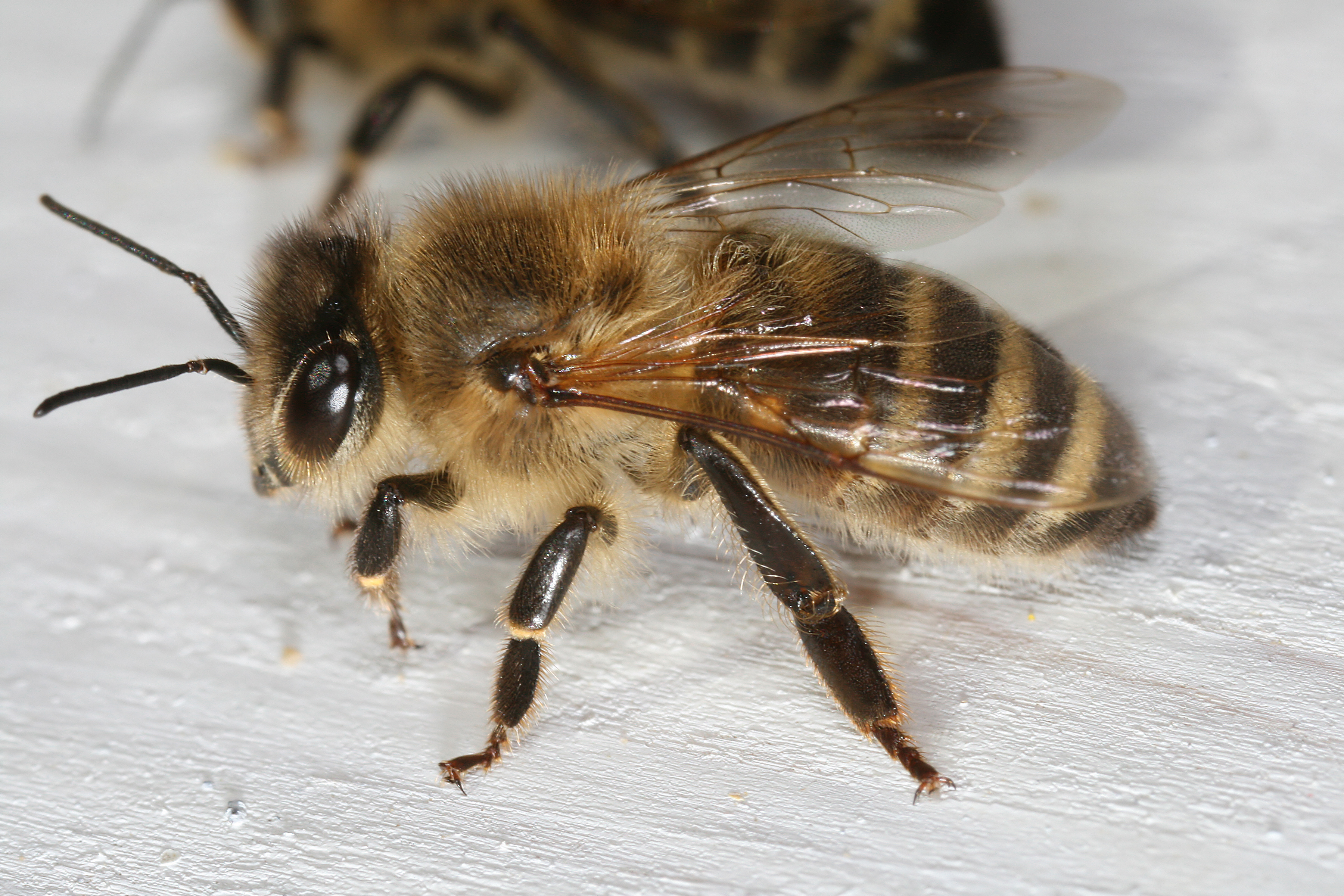- Dec 4, 2014
- 1,372
- 4,148
- Funster No
- 34,422
- MH
- Van Conversion
- Exp
- Been around the block a few times

We've got some bees under the static caravan somewhere between the decking & the van itself 
Now the only way to get at them is to crawl across the concrete base so I'm sure no one else is going to have a go
I would like to leave them unharmed but can't risk the grandchildren, dog or us being stung as the decking is where we eat breakfast tea etc.
The decking is is not really an option to take apart without an awful lot of disruption.
So if I leave them alone this year will they move on or just keep expanding ?
Anything I can do to discourage them staying here or is it a case of B&Q wasp powder (last resort)
Now the only way to get at them is to crawl across the concrete base so I'm sure no one else is going to have a go
I would like to leave them unharmed but can't risk the grandchildren, dog or us being stung as the decking is where we eat breakfast tea etc.
The decking is is not really an option to take apart without an awful lot of disruption.
So if I leave them alone this year will they move on or just keep expanding ?
Anything I can do to discourage them staying here or is it a case of B&Q wasp powder (last resort)



